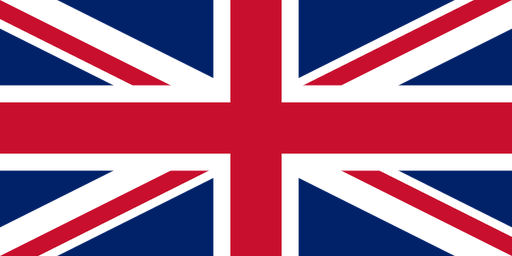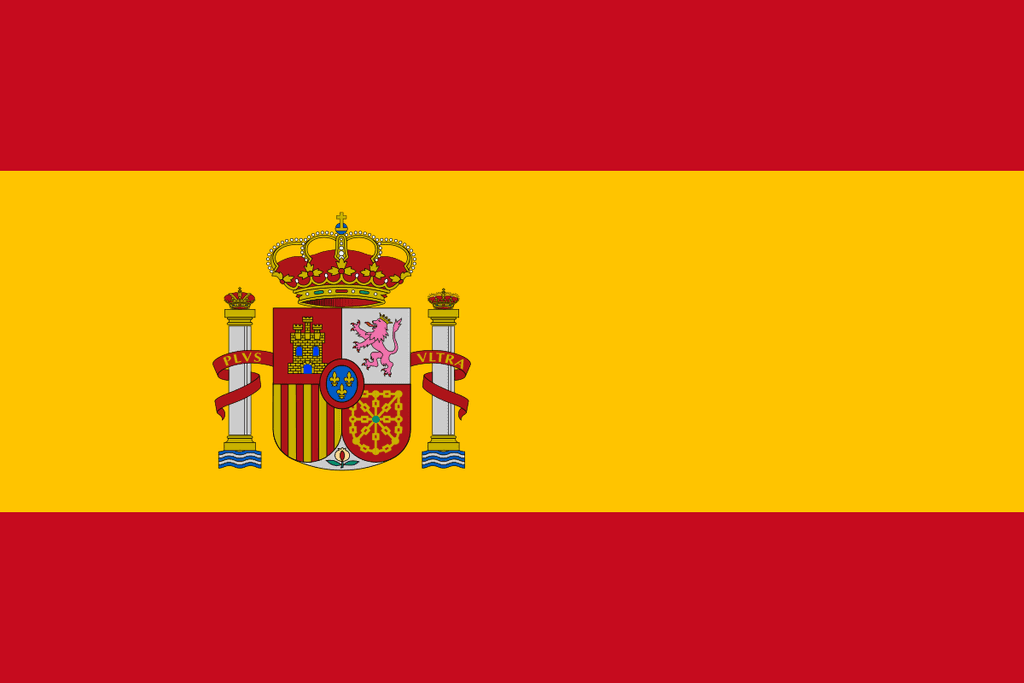

European Deforestation Regulation for cocoa, coffee and other commodities entering EU takes effect in only 6 months. What does this mean for operators, traders and farmers?
Orijin and African Cocoa Marketplace organised a webinar on the forthcoming EUDR to attempt to decipher the complexities and still unknown aspects of the regulation to hopefully give operators and producers a clear understanding of the EUDR as it stands today. Participating in the webinar were experts on EUDR, agricultural law and compliance: Dr. Kristy Leissle, Anthony Myers and Peter Murray.
Key Insights below with the full video YouTube link to check it out!
There are two types of persons who are required to comply with the EUDR: 1) Operator - person who first places the product on the market in the EU and 2) Trader - anyone else in the supply chain who distributes the product
Operators and Traders must also comply with land use laws of the country where they are producing essentially creating a double layer of compliance.
Due Diligence is carried out by the first person in the EU who deals with a product and every entity after that has to take reasonable steps to make sure a proper due diligence has been done.
Data, mapping, reporting and understanding of deforestation happens outside of the EU, on the ground with the producers.
Ensuring no deforestation has occurred requires a country-level and farm-level analysis.
Mapping a smallholder farm boundary and determining land ownership is not simple and requires the work of a farmer, which comes at a cost.
Cooperation and Trust across the supply chain from farmer to consumer is needed to ensure accuracy of data and compliance with EUDR.
Failure to comply with EUDR can lead to 4% fine of income from EU trade, revenues confiscated, products confiscated or being barred from distributing product in EU.
Risk of non-compliance with EUDR lies with Operators or Producers placing the due diligence documentation with the EU office.
Farmers also bear risks and losing market access by failing to comply.,
Format of data and how strict they are will depend on the prot of entry rather than the EU in general.
Documentation has 3 components: 1) gathering data and information from the farm, 2) risk assessment and conclusion that risk of deforestation or legal noncompliance is nothing or negligible and 3) risk mitigation if the strict requirements are not meant.
EU will be looking at a declaration by operator or trader that due diligence has been carried out and the results.
Data will remain with the operator or trader and must be retained for period of 5 years in case they need to present it to EU.




